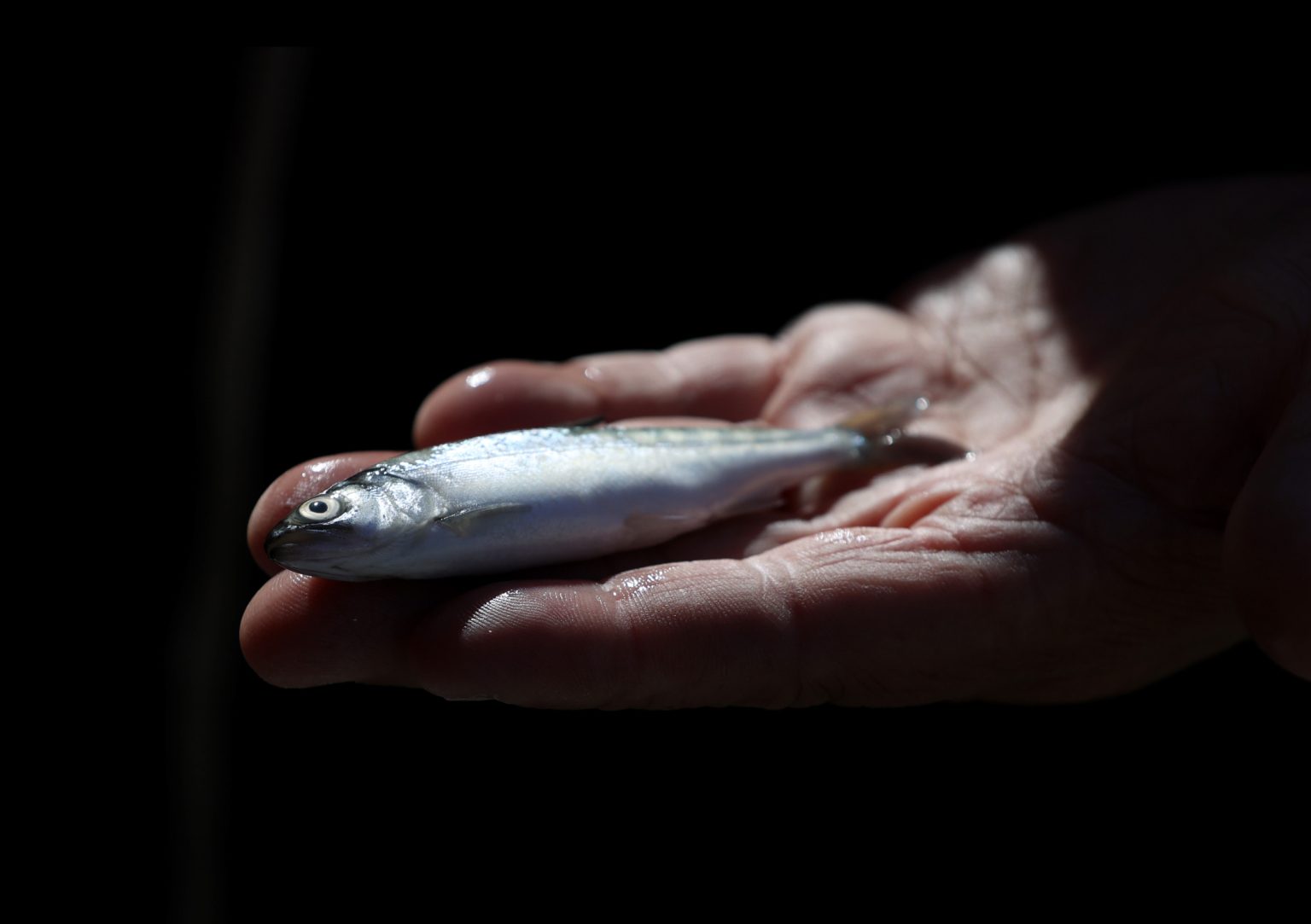An Oregon man, Joshua Heckathorn, is facing charges after he dumped bleach into a tank at a Douglas County hatchery, resulting in the death of approximately 18,000 young Chinook salmon. This incident was labeled as a significant poaching incident by the Oregon Department of Fish and Wildlife (ODFW). The investigation began when the Douglas County Sheriff’s Office (DCSO) responded to a call reporting someone entering the hatchery and pouring a chemical substance into a rearing pond. The following day, Heckathorn was arrested after being found on the property, and he admitted to trespassing and handling the chemical bottle. He was charged with burglary, criminal trespass, and criminal mischief, with additional poaching charges expected to be added.
Due to the high number of salmon killed, the Oregon State Police (OSP) Fish and Wildlife Division is working with DCSO on the case. Poaching charges against Heckathorn include Unlawful Taking Chinook Salmon for 17,890 fish, Making a Toxic Substance Available to Wildlife, and Criminal Mischief 1st Degree. The penalties for these charges could include a lifetime angling license suspension and potential damage suits for unlawful killing of wildlife. The maximum civil penalty in Oregon for illegally taking or killing a single Chinook salmon is a $750 fine, but courts have the authority to increase that amount based on the number of fish taken.
The Gardiner Reedsport Winchester Bay STEP hatchery, where the incident occurred, is run by volunteers who raise and care for nearly 200,000 fish annually before releasing them into the Umpqua River estuary. The poisoned salmon were part of a state program established in 1981 to rehabilitate and improve stream habitat and fish stocks. President of the STEP program, Deborah Yates, expressed the devastation felt by volunteers who had invested countless hours caring for the fish. She described the attachment formed with the fish and the impact of someone deliberately causing their death, calling it incomprehensible.
The incident at the hatchery has stirred outrage among conservationists, volunteers, and community members, who view it as a significant loss for the Gardiner Reedsport Winchester Bay Salmon Trout Enhancement Program and the larger community. Authorities emphasized the senselessness of the act, with OSP Sergeant Levi Harris describing it as one of the most senseless acts he has seen during his 25 years as a game warden. The killing of thousands of fish not only impacts the volunteers and organization involved but also affects fishermen and the community at large, highlighting the devastating consequences of such an act of vandalism and poaching.
The vandalism of the hatchery and the poisoning of the salmon have raised concerns about wildlife conservation and the protection of endangered species. The intentional destruction of a large number of fish, particularly those that are part of a conservation program aimed at improving natural fish stocks, underscores the need for stronger penalties for such crimes. The impact of this incident extends beyond the immediate loss of fish and affects the broader ecosystem and efforts to restore and maintain healthy fish populations in Oregon’s waterways. As the legal proceedings continue, the case serves as a reminder of the importance of safeguarding wildlife and natural resources from malicious acts that threaten their survival.


